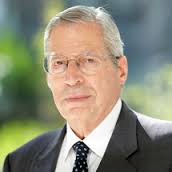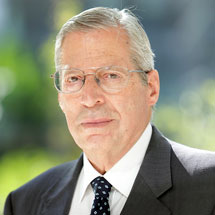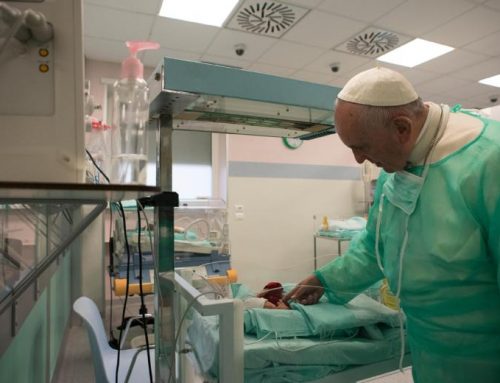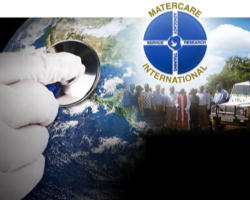REJOICE AND BE GLAD: A REFLECTION ON THE EXHORTATION

Pope Francis writes a letter to all the faithful, and we may well understand it as a personal letter: In this regard, it is worth highlighting that this Exhortation is an “internal letter” with a paternal language, easily understood by the catholic community. In his now well-known and universally respected style, which combines high intellectual capacity with strategic forward boldness our pope reminds us of the call for holiness: as followers and disciples, our pathway, as the Lord himself told us, is that leading to personal holiness.
Some of the addresses may have harbored a certain disillusion: well, that is not new, all the teaching of the Magisterium has insisted on this aspect.
However, reading the Exhortation (and a first reading immediately conveys this understanding) reveals the original approach and the new explanation of what it really means to be saint and how simple it should be for each of us to become a saint, an everyday saint.
Departing from a simple statement, Jesus wants us to be saints and “not to settle for a brand and mediocre existence”, our Pope reminds us that no one is saint alone, but together with the people to which we belong. We rejoice at the fact that many of the most illustrious benefactors of the humanity are the great saints we put on the altars, but the “middle class of holiness” is a place open to all of us and reachable for everyone. Everyday life gives us occasion and motive to sanctify ourselves though small gestures, “accomplishing simple actions in an extraordinary way”.
The Pope gives us instructions, practical lessons on how to progress in the road to holiness, living our normal lives in an active way, interactivity with individuals and communities, however avoiding the “rat race” of consumism and hyperactivity, enjoying silence and prayer before God; prayer which is not only petition, supplication, intercession and adoration addressed to the Lord, but also the capacity to hear what He has to tell us.
Two false forms of holiness, widespread today as modern variations of centuries – old heresies, are mentioned: Gnosticism and Pelagianism. This mention of apparently long forgotten heretic currents may appear strange to many Catholics, who probably never heard anything about them. The point is that they are present, in renewed form. While Gnosticism overestimates knowledge and considers human perfection to be attainable (some of us are already saints and hover above the “ignorant masses”), Pelagianism attributes maximal importance to the will and power of individuals, observing strict rules and remaining faithful to a particular religion style, excluding all other persons.
Both these spiritual attitudes are opposed to the millennium old teaching of the church: it is the Grace of the Lord that justifies us and not our own works, efforts, capacities or knowledge. This truth can not be forgotten by those who think that religious observance of the law and exclusive concern with the church’s liturgy, doctrine or prestige is the key to holiness.
The Exhortation proceeds to give an answer to the legitimate question: what is holiness, how may we become saints? There are many theories, descriptions, advices, but the simple and immediate answer was given by the Lord himself, when he formulated the beatitudes, as told in Mathew and Luke: when we are “happy” or “blessed” we are “holy”.
Nobody can be exempted of reading and meditating these eight Beatitudes, as explained by the Pope, who makes familiar and actual what it means to be poor in spirit or the even more difficult and apparently outworldly notion of meekness (“the interior poverty of those who put their trust in Good alone”). Light is also shone on why are blessed those who mourn, hunger and thirst for righteousness or are merciful; blessed are the pure in heart, the peace makers, those who are persecuted for righteousness’ sake. For each and every Beatitude we are given explanations, meaning, significance and practical examples of what is really important for their practice in our present societies.
“Holiness, then, is not only about swooning in mystic rapture” reminds us Pope Francis, but the answer to recognition of Christ in the poor and the suffering, because mercy is “the beating heart of the Gospel”. The existence of the excluded and poor is a motive for Christians to be in constant but healthy unease: “the ultimate criterion on which our lives will be judged is what we have done for others”.
Perseverance, patience and meekness, as well as joy and a sense of humor are strong remedies for our weakness and are needed to attain boldness (parrhesía) and passion. We may grow in holiness, in our journey side by side with others, paying attention to details, thus imitating Jesus who taught us the little details of love in his actions and parables.
This motivational document is enlightening and luminous. It is directed to each of us, independently of our sex, nationality, age, profession or wealth. Therefore, it is appropriate for the Catholic doctor to read it having present in his mind the particular aspects of his profession, which may be especially helpful in his endeavor to become a “middle class” and humble and joyful saint, thus answering the call. Most of us work in public or private institutions which only exist because there are sick and suffering people. We deal with them every day and we have thus the advantage to be in position to put into practice the Beatitudes: to be meek, to be poor in spirit, to be merciful, to fight for right neousness (and in some cases to be persecuted because of this attitude), to mourn and console those who mourn, to make peace, all this coming from a pure heart – well, all those challenges are present when the competent and compassive doctor meets the patient who trusts in him and hopes to receive his help. There is a wide field before us, we are privileged with so many occasions to carry out our destiny of being saints, it would be ungrateful if we did not re-examine our attitudes and try to follow the advice and teaching of Pope Francis, namely, to be able to rejoice and be glad.
Dr. Walter Osswald and Fr. António Jácomo
* Dr. Osswald was President of FIAMC (1994-1998)









